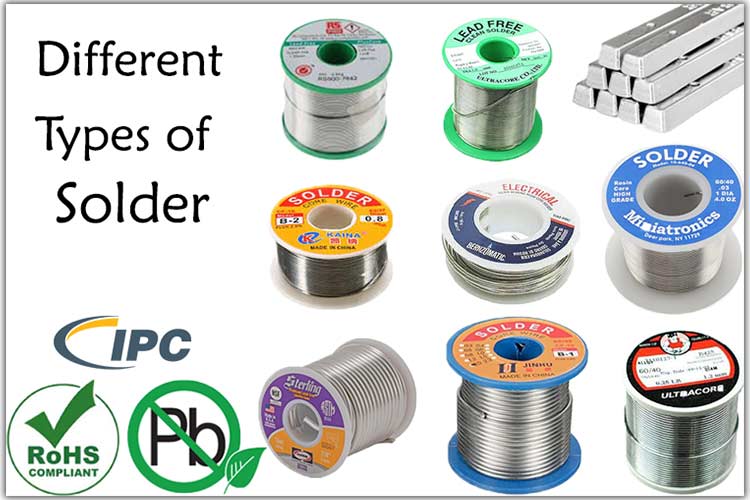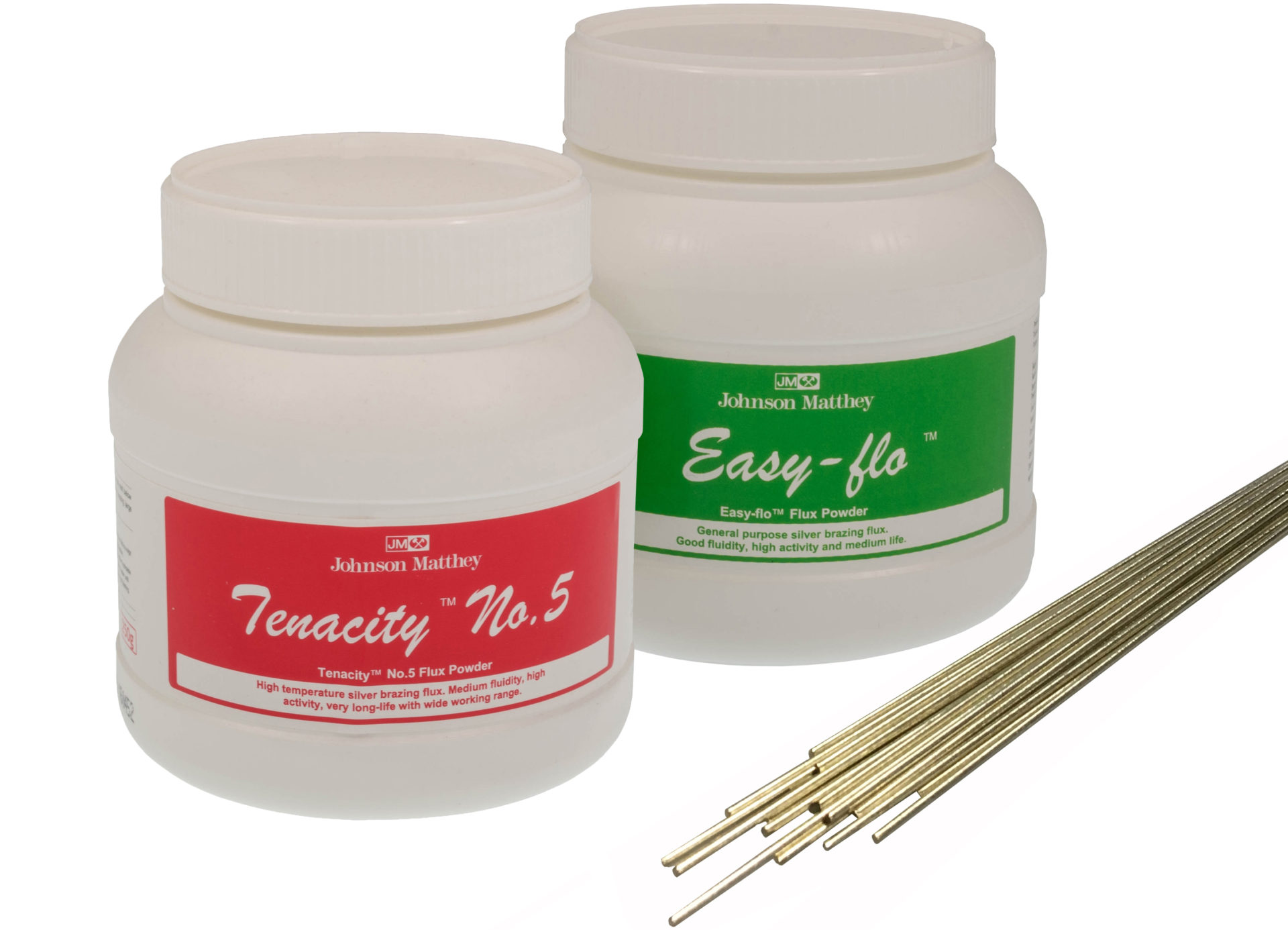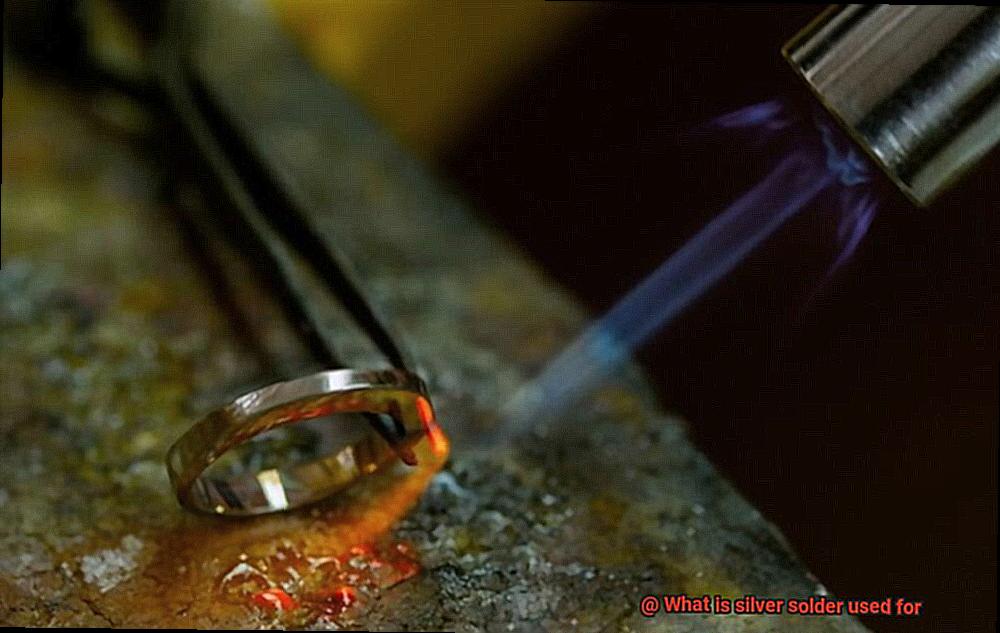Fine Beautiful Info About Is Solder With Silver Better

How To Silver Solder Titanium Step By Guide
Is Solder with Silver Really Better? Let's Get Real.
1. What's the Big Deal About Silver Solder Anyway?
Okay, so you're staring down a pile of electronics, a soldering iron in hand, and a crucial decision weighing on your mind: regular solder, or that fancy stuff with silver? The question of "is solder with silver better" pops up all the time, and the answer, like most things in life, isn't a simple yes or no. It depends. Think of it like choosing coffee — sometimes you just need a regular cup, and other times you crave that single-origin, ethically sourced, pour-over experience. Solder is kinda the same.
Silver-bearing solder (usually containing a small percentage, like 2-4% silver) is often marketed as superior, boasting improved conductivity and strength. But is that always the case, and is it worth the extra cost? Let's delve into the specifics, without getting bogged down in technical jargon that'll make your eyes glaze over. We want practical answers here, not a lecture from a metallurgy professor.
At its core, solder is a metal alloy used to create a permanent bond between two or more metal pieces. It's the glue of the electronics world, and a reliable connection is crucial for any circuit to function properly. So, choosing the right solder is a bit like choosing the right adhesive for a particularly important craft project you don't want the whole thing falling apart later!
Imagine building a robot that's supposed to save the world, only to have its arm fall off because you skimped on the solder. Tragic, right? While silver solder isn't always the magic bullet, understanding its benefits and drawbacks can help you make informed decisions and prevent such soldering catastrophes.

Silver Solder Wire Uses At Helen Mcewen Blog
Digging Deeper
2. When Does Silver Solder Shine?
So, when is solder with silver better? It tends to excel in situations where conductivity is paramount. Think of high-frequency circuits, audio equipment, or sensitive instruments. The small addition of silver can slightly improve the flow of electrons, leading to a cleaner signal and potentially better performance. Were talking about the kind of difference that might only be noticeable to an audiophile with golden ears, or a scientist measuring minute fluctuations in a circuit.
Silver solder also often has a slightly lower melting point than traditional lead-based solder, making it easier to work with, especially for delicate components that are sensitive to heat. This reduced melting point can help prevent damage to sensitive parts, which is always a win in my book. Have you ever scorched a component beyond recognition? It's not a pretty sight (or smell!).
Another advantage, although perhaps less tangible, is the potential for a slightly stronger joint. The silver can improve the overall bond between the metals, leading to a more durable and long-lasting connection. However, it is important to note that this will depend on the quality of both solders and proper soldering technique.
Consider also that some applications require silver-bearing solder. Certain types of plumbing, for example, often demand it for safety and regulatory reasons. Always check the specifications and requirements of your project before making a decision. You wouldnt want to use the wrong solder for copper water pipes as they could cause issues down the road!
3. And When Is It...Well, Not As Better?
Now, let's talk about the downsides. The most obvious one is the price. Solder with silver is generally more expensive than regular solder. For many everyday electronics projects, the marginal improvement in performance simply doesn't justify the extra cost. If you're just fixing a broken toy or soldering some basic wires together, regular solder will probably do the trick just fine.
Another thing to consider is the potential for "silver migration" under certain conditions. This is where silver atoms can actually move along the surface of the solder joint, potentially causing shorts or other problems over time. This is more likely to occur in humid environments or with certain types of circuit boards, so it's something to be aware of.
Also, lets be honest — using silver solder won't magically turn you into a soldering master. Proper technique is still crucial. A poorly executed solder joint with silver solder is going to be just as bad (if not worse, considering the cost) as a poorly executed joint with regular solder. Practice makes perfect, no matter what kind of solder you're using. Trust me, I've created my fair share of cold solder joints!
Finally, consider the environmental impact. While lead-free solder is becoming more common (and often contains silver), it's still important to be mindful of proper disposal practices. Don't just toss your solder scraps in the trash! Recycle them responsibly. Even small amounts of metal can add up and contribute to pollution.

The Verdict
4. Making the Right Choice for Your Project
Ultimately, the answer to "is solder with silver better" depends entirely on the specific application. For high-performance electronics, sensitive equipment, or situations where conductivity is paramount, it can be a worthwhile investment. But for everyday soldering tasks, regular solder will likely be perfectly adequate. Think of it like this: do you need a Ferrari to drive to the grocery store? Probably not. A reliable Toyota will get the job done just as well.
Consider the cost, the potential benefits, and the specific requirements of your project. If you're unsure, do some research and consult with experts. There are tons of resources available online and in your local electronics community. Don't be afraid to ask questions! We all start somewhere. Dont feel pressured to use silver solder just because someone claims its the best.
Remember, a good solder joint is a good solder joint, regardless of whether it contains silver or not. Focus on proper technique, cleanliness, and using the right type of solder for the job. With a little practice and patience, you'll be soldering like a pro in no time!
And hey, if you decide to splurge on the silver solder, at least you can tell yourself you're giving your electronics a little extra TLC. Even if it's just a placebo effect, sometimes that's all you need to feel confident in your work. Happy soldering!

Silver Soldering Solder Connection

What Is Silver Solder Used For? The Welding Guru
